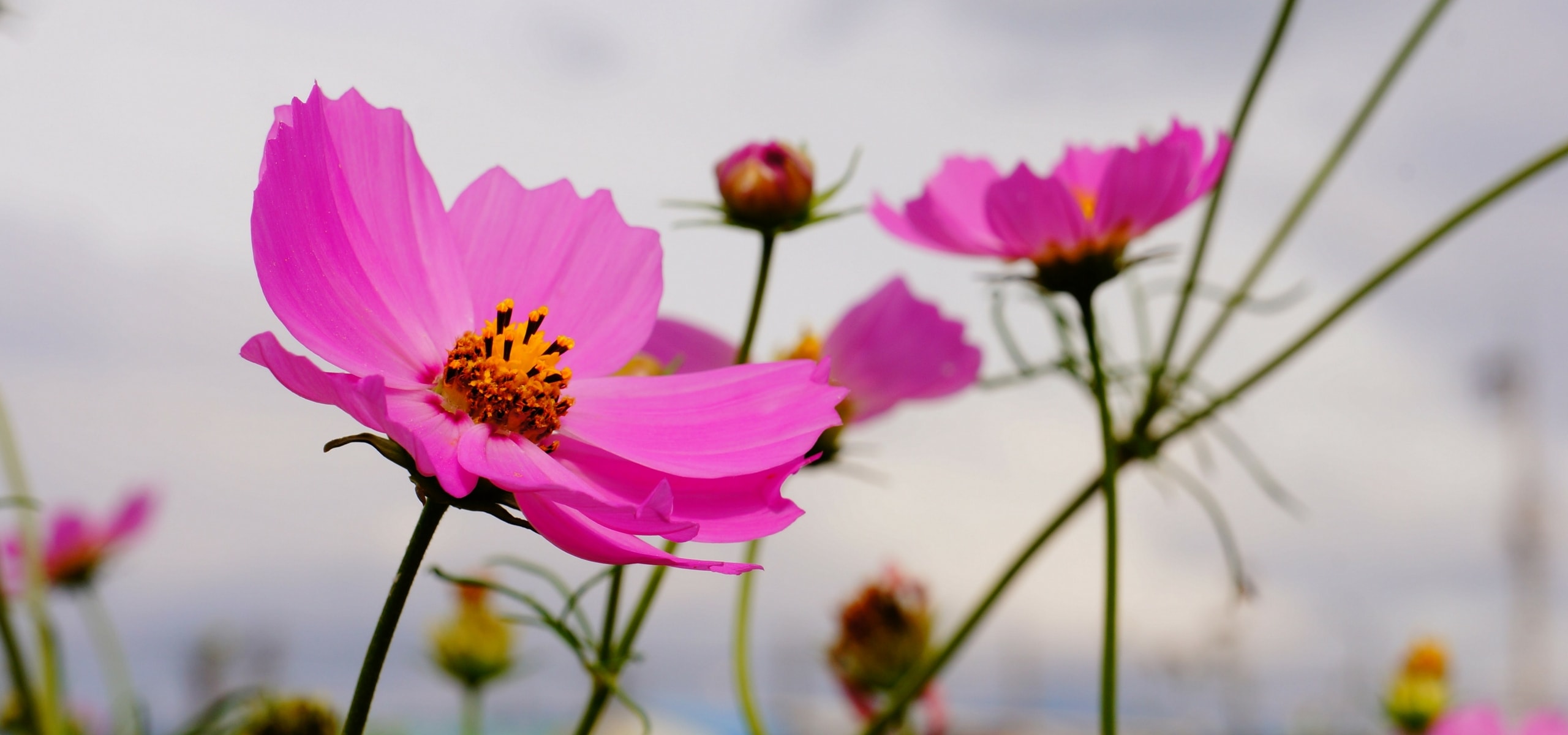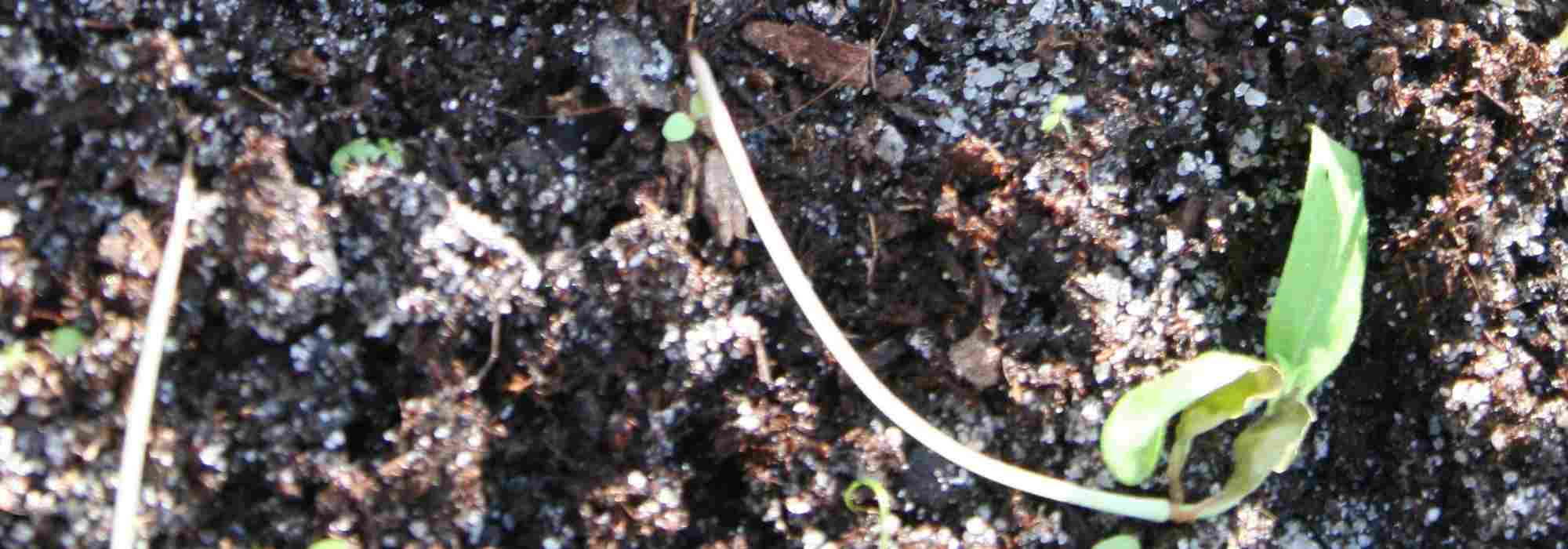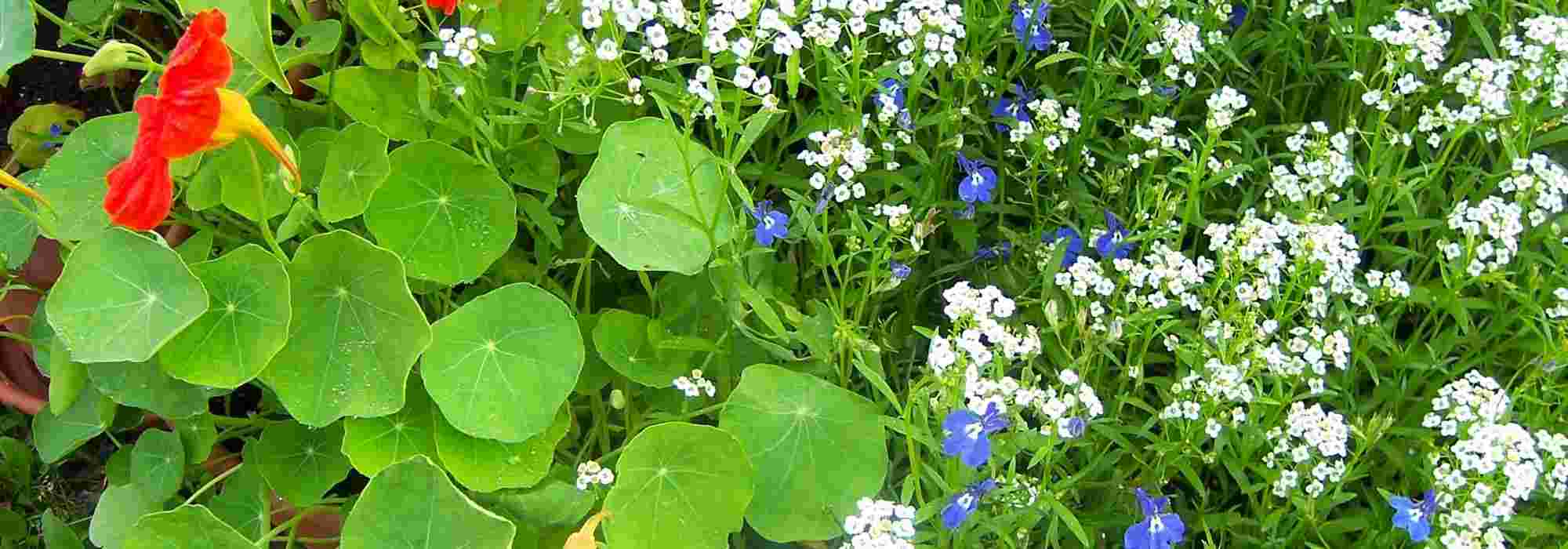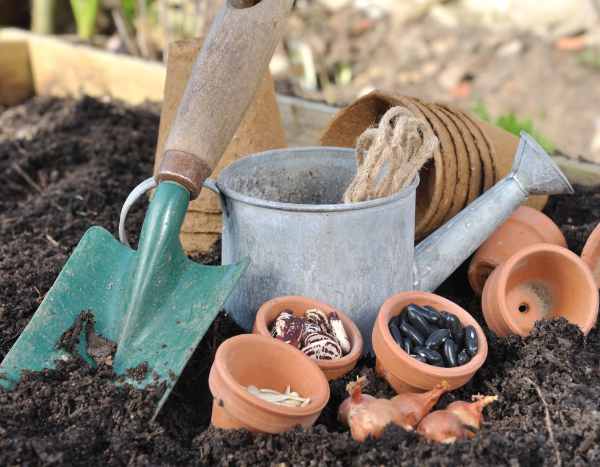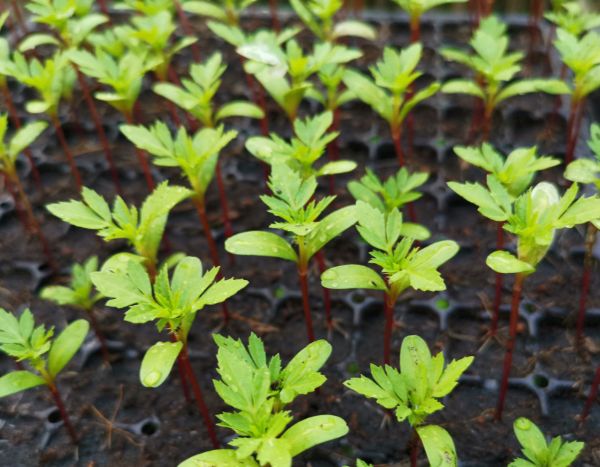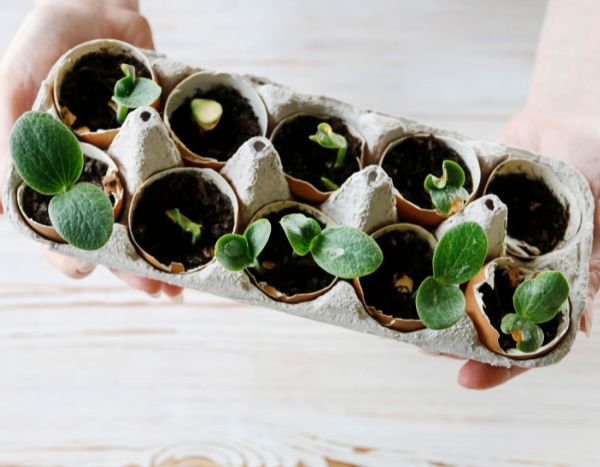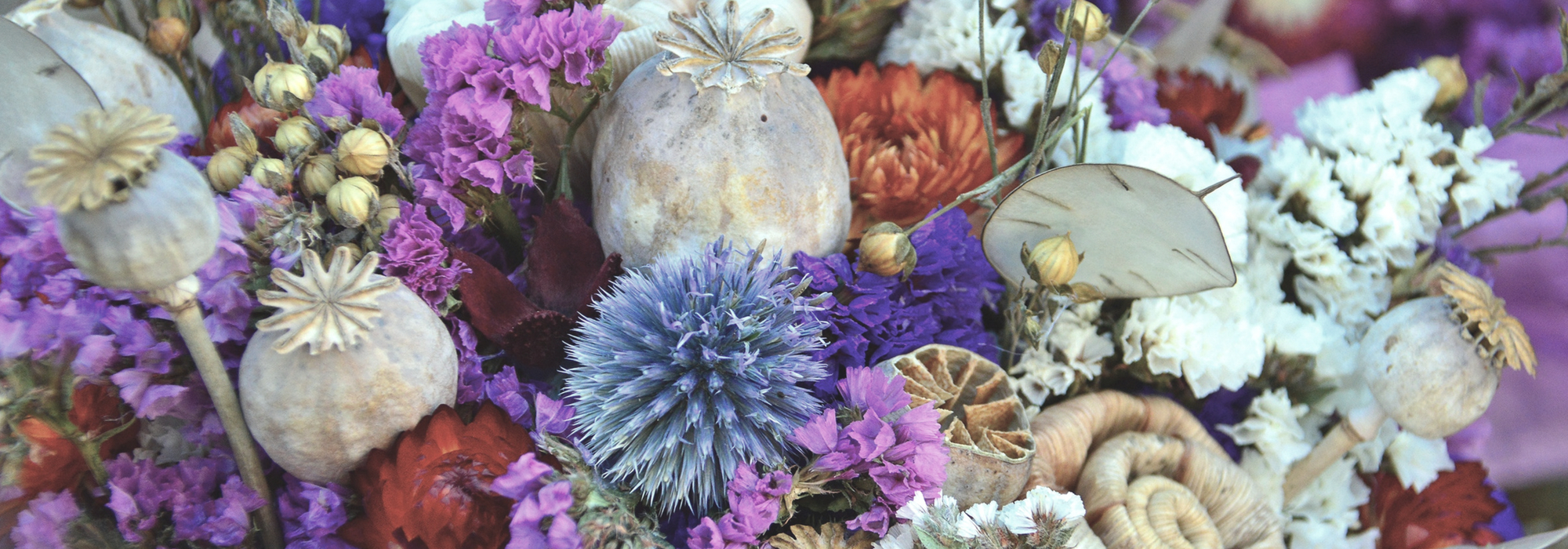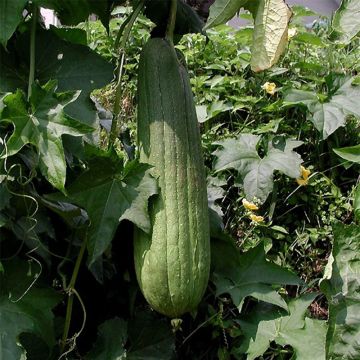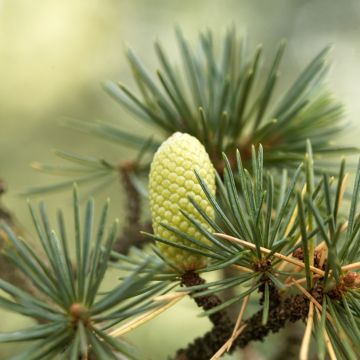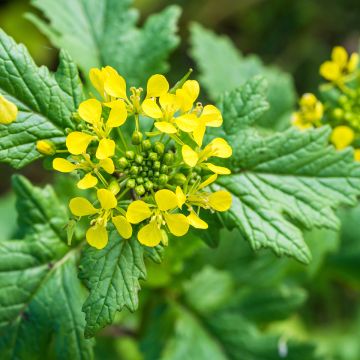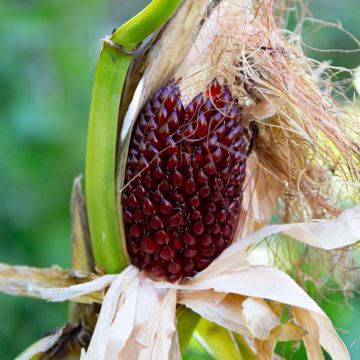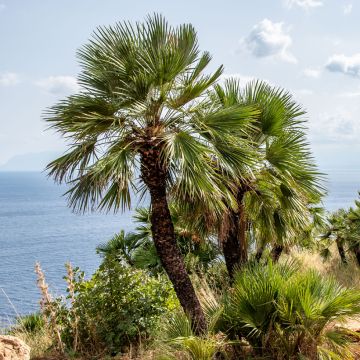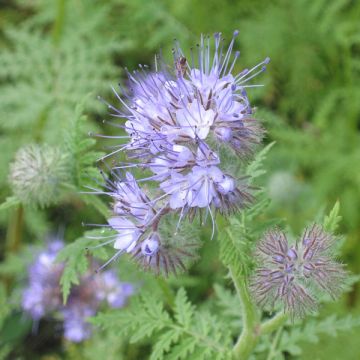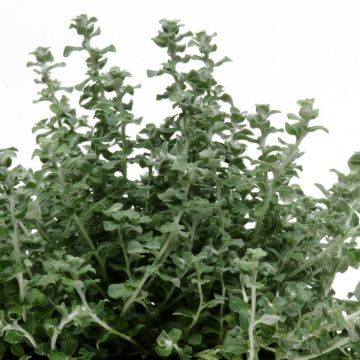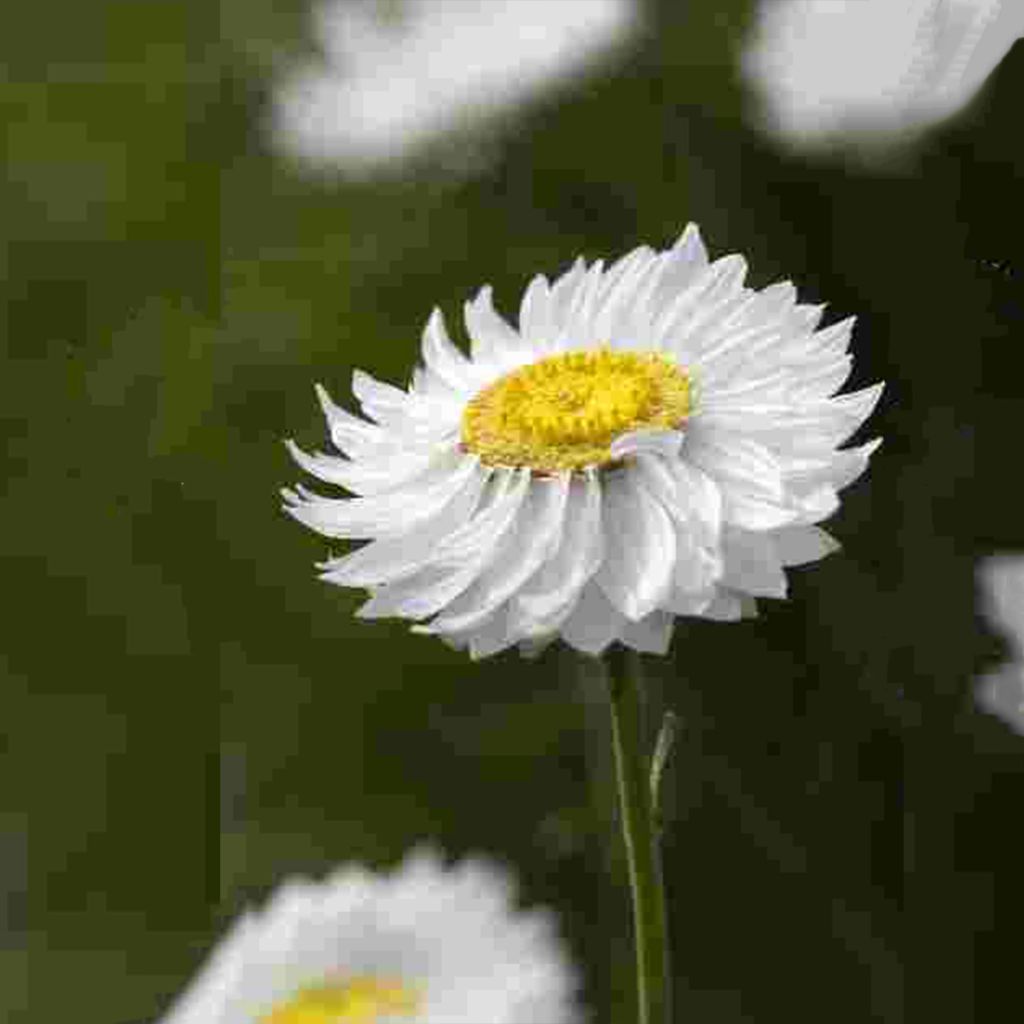

Acroclinium Blanche seeds - Everlasting
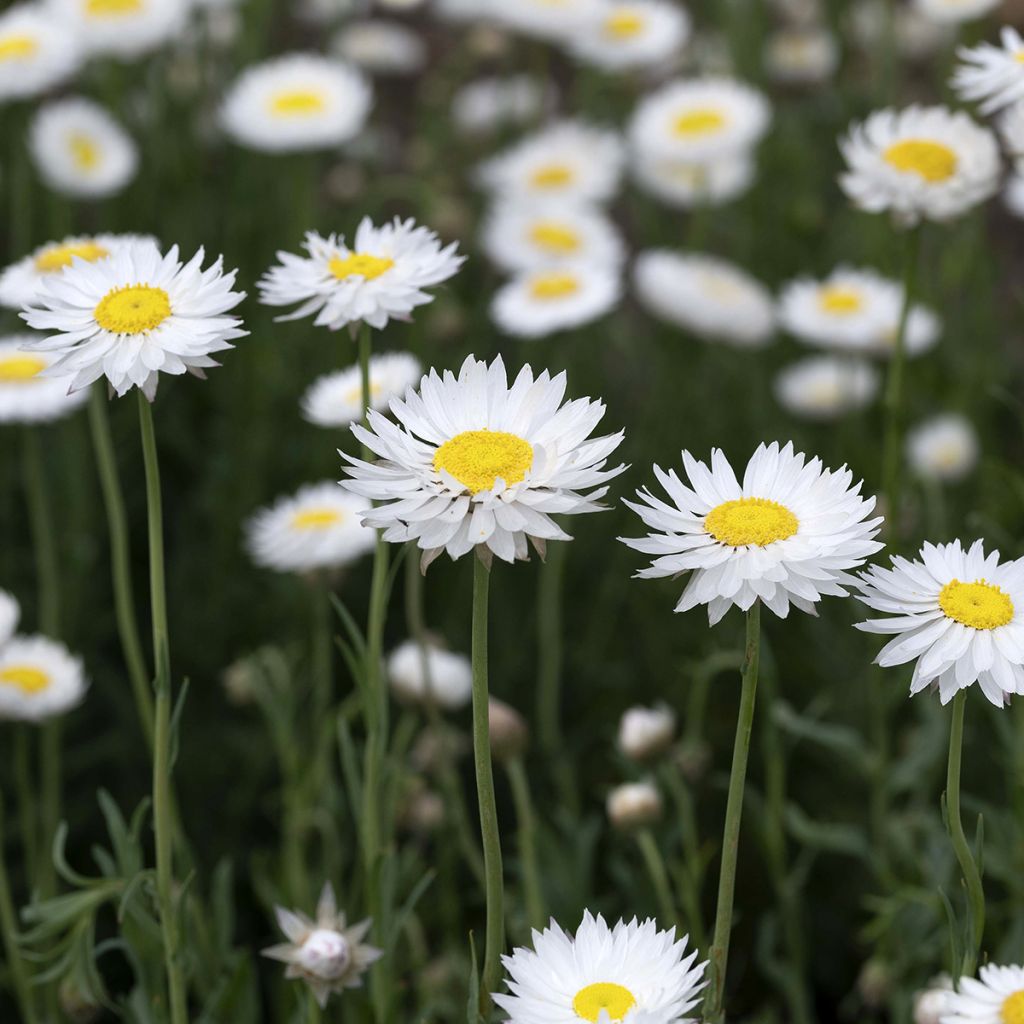

Acroclinium Blanche seeds - Everlasting
Acroclinium Blanche seeds - Everlasting
Rodanthe acrocephala subsp. roseum Blanche
Everlasting, Paper Daisy
Special offer!
Receive a €20 voucher for any order over €90 (excluding delivery costs, credit notes, and plastic-free options)!
1- Add your favorite plants to your cart.
2- Once you have reached €90, confirm your order (you can even choose the delivery date!).
3- As soon as your order is shipped, you will receive an email containing your voucher code, valid for 3 months (90 days).
Your voucher is unique and can only be used once, for any order with a minimum value of €20, excluding delivery costs.
Can be combined with other current offers, non-divisible and non-refundable.
Home or relay delivery (depending on size and destination)
Schedule delivery date,
and select date in basket
This plant carries a 6 months recovery warranty
More information
We guarantee the quality of our plants for a full growing cycle, and will replace at our expense any plant that fails to recover under normal climatic and planting conditions.
Does this plant fit my garden?
Set up your Plantfit profile →
Description
You can easily grow Acroclinium (Helipterum) 'Blanche' from seed. This frost-tender perennial native to Australia, is cultivated as an annual in our climate for its striking summer flowering. This light and bushy plant, also called Rhodanthe, produces delicate white flowers with yellow centres, shaped like daisies with a papery texture, which illuminate flower beds and are perfect for making dried bouquets. It prefers sunny positions and light, well-drained soils, even dry ones, making it an ideal candidate for rockeries, dry gardens, or container cultivation. Sow Acroclinium under cover from February or directly in the ground from April, after the last frosts.
Acroclinium 'Blanche', also known by the botanical names Rhodanthe chlorocephala subsp. rosea, Helipterum roseum or Acroclinium roseum, is a frost-tender perennial from the Asteraceae family, cultivated as an annual in temperate climates. Native to southwestern Australia, particularly the coastal regions between Perth and Shark Bay, this plant thrives naturally in well-drained sandy soils, under a Mediterranean climate characterised by wet winters and dry summers. It forms an upright clump 30 to 50 cm in height, with fine, branched stems bearing linear, narrow, greyish-green leaves. The flower heads measure about 4 to 6 cm in diameter and feature papery, white bracts surrounding a yellow or black central disc, with no notable fragrance. Flowering occurs from June to September, attracting various pollinators. The fruits are dry, non-edible achenes, equipped with a feathery pappus that facilitates their dispersal by wind. The root system is clumping, adapted to light and well-drained soils. This plant is particularly prized for making dried bouquets, as the flowers retain their shape and colour after drying. Despite its many botanical reclassifications over time, it remains popular under the name 'Australian everlasting flower', a testament to its longevity as a dried flower.
Acroclinium 'Blanche' integrates gracefully into bright scenes. Its immaculate, paper-light flowers bloom above fine foliage, adding a touch of freshness to sunny borders. To accentuate this lightness, pair it with Nigella damascena 'Miss Jekyll', whose pale blue flowers and airy foliage create a subtle contrast. Limonium sinuatum 'QIS Apricot' introduces pastel hues and a complementary texture, while Bracteantha bracteata 'King Size Silvery Rose' offers warm tones and long-lasting flowering. Together, these plants create a harmonious picture, ideal for dry gardens, rockeries, or summer containers.
Report an error about the product description
Acroclinium Blanche seeds - Everlasting in pictures


Flowering
Foliage
Plant habit
Botanical data
Rodanthe
acrocephala subsp. roseum
Blanche
Asteraceae
Everlasting, Paper Daisy
Rhodanthe chlorocephala subsp. rosea, Acroclinium roseum, Helipterum roseum
Cultivar or hybrid
Planting and care
Sowing:
Sow Acroclinium Blanche seeds from March to early May on the surface of good quality seed compost. Germination takes 14 to 20 days at 18-25°C.
They can also be sown directly in situ in April, at a depth of 6mm, in moist, well-raked soil, spacing the seeds 25cm apart.
Transplant the young plants into trays or 8cm diameter pots and allow them to grow in cooler conditions. When well developed, acclimatise them to outdoor conditions for 10-15 days and plant them outside in May after all risk of frost has passed. Space plants 30cm apart. Choose a sunny location with well-drained soil.
Cultivation:
Very easy to grow, this plant requires no specific maintenance. It thrives in poor, light, perfectly drained soil, but requires plenty of sun to flourish. In pots, watering should be regular but not excessive throughout the growth and flowering period.
Sowing period
Intended location
Planting & care advice
This item has not been reviewed yet - be the first to leave a review about it.
Similar products
Haven't found what you were looking for?
Hardiness is the lowest winter temperature a plant can endure without suffering serious damage or even dying. However, hardiness is affected by location (a sheltered area, such as a patio), protection (winter cover) and soil type (hardiness is improved by well-drained soil).

Photo Sharing Terms & Conditions
In order to encourage gardeners to interact and share their experiences, Promesse de fleurs offers various media enabling content to be uploaded onto its Site - in particular via the ‘Photo sharing’ module.
The User agrees to refrain from:
- Posting any content that is illegal, prejudicial, insulting, racist, inciteful to hatred, revisionist, contrary to public decency, that infringes on privacy or on the privacy rights of third parties, in particular the publicity rights of persons and goods, intellectual property rights, or the right to privacy.
- Submitting content on behalf of a third party;
- Impersonate the identity of a third party and/or publish any personal information about a third party;
In general, the User undertakes to refrain from any unethical behaviour.
All Content (in particular text, comments, files, images, photos, videos, creative works, etc.), which may be subject to property or intellectual property rights, image or other private rights, shall remain the property of the User, subject to the limited rights granted by the terms of the licence granted by Promesse de fleurs as stated below. Users are at liberty to publish or not to publish such Content on the Site, notably via the ‘Photo Sharing’ facility, and accept that this Content shall be made public and freely accessible, notably on the Internet.
Users further acknowledge, undertake to have ,and guarantee that they hold all necessary rights and permissions to publish such material on the Site, in particular with regard to the legislation in force pertaining to any privacy, property, intellectual property, image, or contractual rights, or rights of any other nature. By publishing such Content on the Site, Users acknowledge accepting full liability as publishers of the Content within the meaning of the law, and grant Promesse de fleurs, free of charge, an inclusive, worldwide licence for the said Content for the entire duration of its publication, including all reproduction, representation, up/downloading, displaying, performing, transmission, and storage rights.
Users also grant permission for their name to be linked to the Content and accept that this link may not always be made available.
By engaging in posting material, Users consent to their Content becoming automatically accessible on the Internet, in particular on other sites and/or blogs and/or web pages of the Promesse de fleurs site, including in particular social pages and the Promesse de fleurs catalogue.
Users may secure the removal of entrusted content free of charge by issuing a simple request via our contact form.
The flowering period indicated on our website applies to countries and regions located in USDA zone 8 (France, the United Kingdom, Ireland, the Netherlands, etc.)
It will vary according to where you live:
- In zones 9 to 10 (Italy, Spain, Greece, etc.), flowering will occur about 2 to 4 weeks earlier.
- In zones 6 to 7 (Germany, Poland, Slovenia, and lower mountainous regions), flowering will be delayed by 2 to 3 weeks.
- In zone 5 (Central Europe, Scandinavia), blooming will be delayed by 3 to 5 weeks.
In temperate climates, pruning of spring-flowering shrubs (forsythia, spireas, etc.) should be done just after flowering.
Pruning of summer-flowering shrubs (Indian Lilac, Perovskia, etc.) can be done in winter or spring.
In cold regions as well as with frost-sensitive plants, avoid pruning too early when severe frosts may still occur.
The planting period indicated on our website applies to countries and regions located in USDA zone 8 (France, United Kingdom, Ireland, Netherlands).
It will vary according to where you live:
- In Mediterranean zones (Marseille, Madrid, Milan, etc.), autumn and winter are the best planting periods.
- In continental zones (Strasbourg, Munich, Vienna, etc.), delay planting by 2 to 3 weeks in spring and bring it forward by 2 to 4 weeks in autumn.
- In mountainous regions (the Alps, Pyrenees, Carpathians, etc.), it is best to plant in late spring (May-June) or late summer (August-September).
The harvesting period indicated on our website applies to countries and regions in USDA zone 8 (France, England, Ireland, the Netherlands).
In colder areas (Scandinavia, Poland, Austria...) fruit and vegetable harvests are likely to be delayed by 3-4 weeks.
In warmer areas (Italy, Spain, Greece, etc.), harvesting will probably take place earlier, depending on weather conditions.
The sowing periods indicated on our website apply to countries and regions within USDA Zone 8 (France, UK, Ireland, Netherlands).
In colder areas (Scandinavia, Poland, Austria...), delay any outdoor sowing by 3-4 weeks, or sow under glass.
In warmer climes (Italy, Spain, Greece, etc.), bring outdoor sowing forward by a few weeks.

































